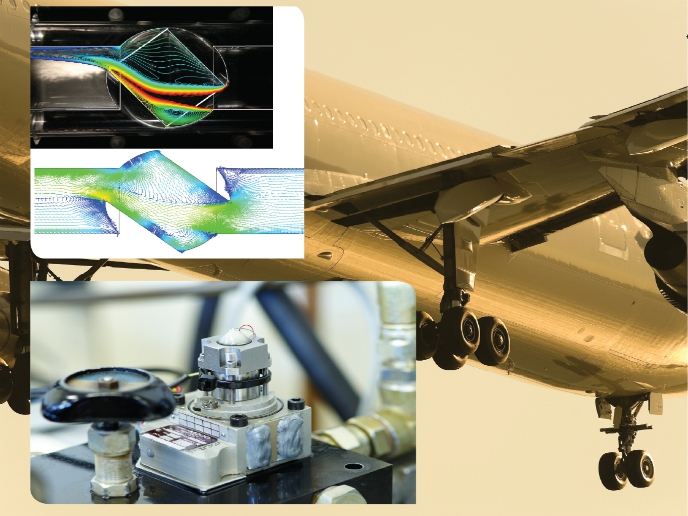Managing change in the aviation sector
As the demand for air travel increases, the aviation industry is evolving rapidly, supported by an explosion in new technologies, materials and systems. These changes call for high-level expertise and skills that in turn require an effective management system. The EU-funded project 'Managing system change in aviation' (MASCA) proposed a solution to manage the acquisition and retention of skills and knowledge through training. Designed to deliver integrated change management capability in selected case studies, MASCA aimed to address the high failure rate of change initiatives and to improve upon the process. In this context, it focused on how an organisation can be flexible and adaptable to better survive and prosper under a variety of circumstances. The project team looked at how processes depend on the social logic of relationships and how this interaction can evolve through the logic of knowledge and information. To achieve its aims, MASCA elaborated four case studies that covered likely scenarios where its system could be valuable. The first involved a medium-sized European airport that aims to implement a collaborative decision-making system, while the second concerned introducing a sophisticated safety management system in a major airline. The third scenario considered implementing a holistic performance management approach for a small regional airport. The fourth worked on managing risk prior to major changes in a regional airline. With these case studies in mind, the project team elaborated a management solution that can understand system change and deliver improved outcomes. It outlined how to build consensus for change, manage and share knowledge, underline leadership tasks such as detailing requirements for competitiveness, and foster collaborative learning. Overall, the case studies demonstrated the validity of the project's approach in analysing the state of change with credible and useful recommendations. The solution is poised to be ideal for managing change in airports, and could eventually be adapted to other sectors such as health care. Thanks to MASCA, managing change in such large environments is set to become easier, more effective and less costly.







